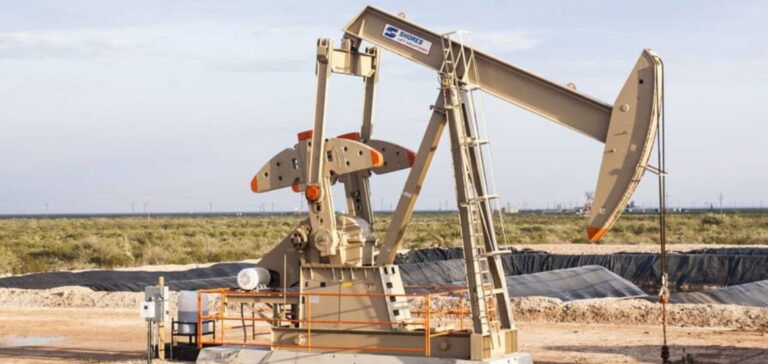Mexico has considerable unconventional hydrocarbon resources, estimated at around 113 billion barrels of oil equivalent, according to the National Hydrocarbon Commission (CNH). Of these resources, 57% are located in unconventional deposits, mostly unexploited. Hydraulic fracturing (fracking) technology has evolved considerably, making the exploitation of these resources more viable. Yet under the current administration, this approach has been largely neglected.
Ignored Potential
Under President Andrés Manuel López Obrador, Petróleos Mexicanos (Pemex) has focused on shallow-water and onshore deposits. This strategy has ruled out exploration of unconventional and deepwater deposits, which are considered riskier and slow to mature. The administration has explicitly rejected the use of fracking, despite the enormous potential reserves.
Enrique Silva Pérez, Partner at Procura Regulatory Consulting, believes that refusing to discuss fracking is a strategic error. “It’s essential to assess the potential of these resources to fuel the country’s growth with its own resources,” he declares.
The need for investment and long-term planning
Independent analyst Fluvio Ruíz Alarcón points out that Mexico is heavily dependent on foreign gas, with a dependency of over 90%. He notes that Pemex’s low production is mainly for its own consumption, and that a lack of investment and long-term planning is hampering the efficient exploitation of gas resources.
Ruíz Alarcón adds that the deficient infrastructure prevents Pemex from processing the gas properly, leading to significant wastage. “At one point, the country was burning up to 13% of its production, a figure that has now been reduced to around 6%, but is still three times higher than the 2% norm,” he points out.
Towards a New Oil Era
To meet these challenges, it is proposed to create an independent subsidiary within Pemex, dedicated exclusively to gas, with specific financial incentives. At present, gas production is subject to the same tax regime as crude oil production, which is not adapted to the distinct economic realities of these markets.
Despite a reduction in the special fee paid by Pemex to the government, from 65% to 30%, the company continues to suffer financial losses. Appropriate measures and targeted investment are therefore crucial to fully exploit the potential of unconventional hydrocarbons in Mexico.
Reassessing Mexico’s energy strategy is essential to reduce dependence on gas imports and maximize the use of domestic resources. The adoption of proven fracking technologies could play a crucial role in this paradigm shift, boosting the country’s economic and energy growth.





















